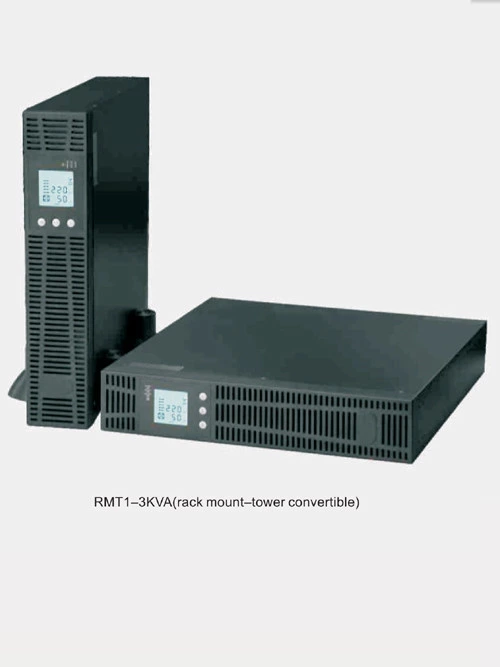Why Use An Uninterruptible Power Supply When There Is Plenty Of Electricity?
At present, many industries, such as industrial and mining enterprises, medical and health industries, hotels, industry research institutes, industry computer networks, etc. are equipped with uninterruptible power supplies. Further understanding shows that these industries actually have sufficient electricity. In this case, why do they still use Uninterruptible Power Supply(UPS)?
In fact, with the rapid development of society, the number of electrical equipment is increasing day by day, but the aging and lagging development of power transmission and distribution facilities, as well as poor settings and insufficient power supply, have caused the voltage of end users to be too low, while the voltage of line users is often high. For electrical equipment, especially high-tech and precision equipment with strict voltage requirements, if there is no insurance, unstable power supply will cause fatal damage to these equipment, or even accidental injury, causing obvious production delays, unstable quality, and other losses. At the same time, it accelerates the aging of equipment, affects the service life, and even burns out accessories, so that owners face the trouble of needing maintenance, or waste resources to update equipment in a short period of time, and even serious safety accidents may occur, causing immeasurable losses.
The uninterruptible power supply has the function of stabilizing voltage, and its overload capacity is strong. It can be used continuously under 100% rated load conditions. At the same time, it can withstand 10 times the current for 10 milliseconds and three times the current for one minute without damaging the machine. Therefore, if it is a company or a business with very high power requirements, then using an uninterruptible power supply is a better choice.
Finally, I would like to remind you that there are more and more uninterruptible power supply brands now. When choosing, you must choose those regular and reliable brands.

 Русский
Русский
 Français
Français
 Português
Português
 Español
Español
 اللغة العربية
اللغة العربية







